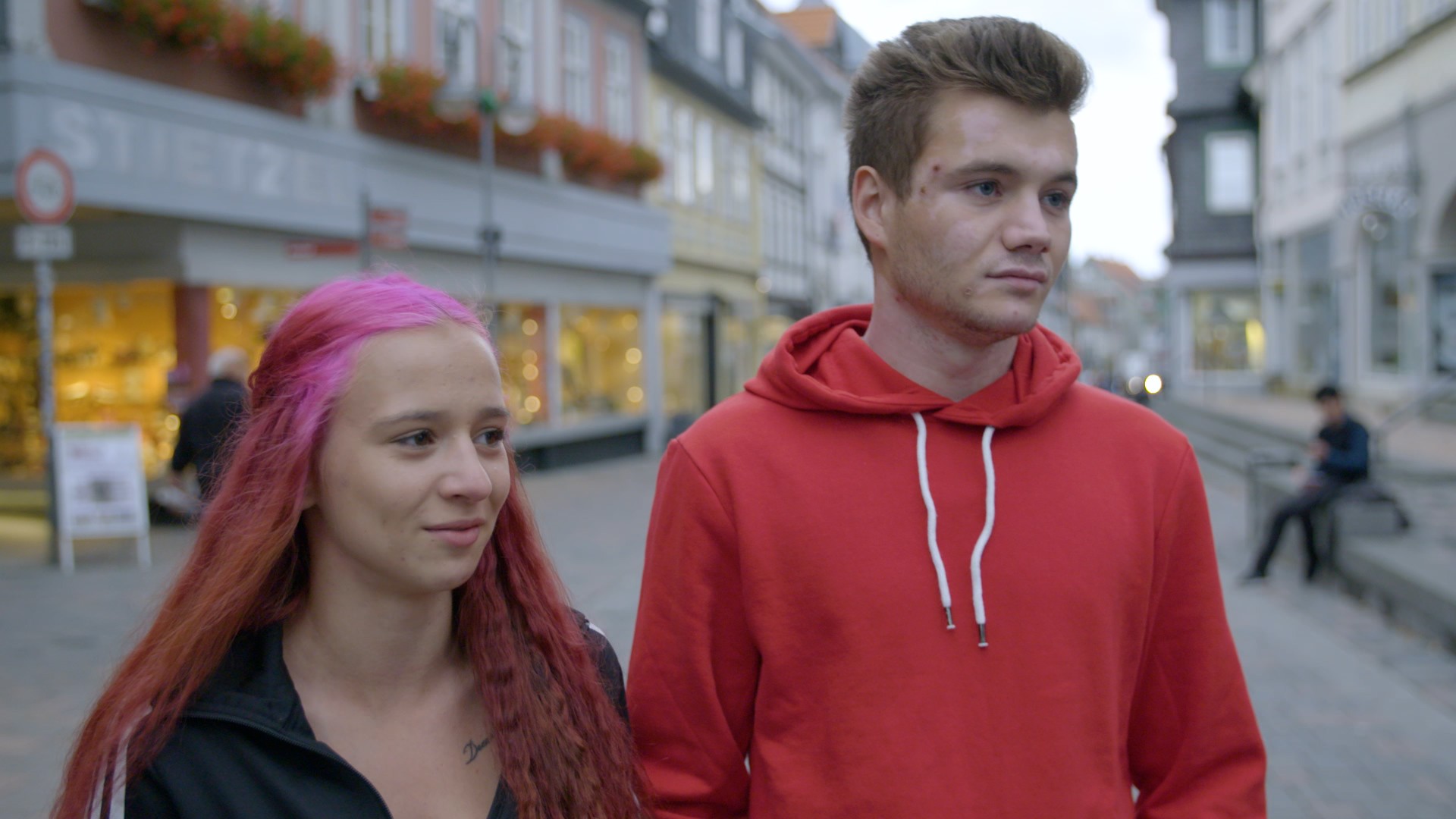A 27-year-old man has confessed to carrying out an attack near a synagogue in the German city of Halle, saying he was motivated by far-right, anti-Semitic beliefs, federal prosecutors said Friday.The shooter made the extensive confession during questioning by a judge in Germany’s Federal Court of Justice on Thursday evening. He had made no secret of his motivations, and German authorities were already treating the shooting as a far-right terror attack.Before launching the attack, which he livestreamed on Twitch, he declared on camera that he blamed Jews for “problems” such as feminism and mass immigration. He then unsuccessfully attempted to storm the synagogue, which was crowded with worshippers observing Yom Kippur.READ: German synagogue shooter denied Holocaust in video uploaded to TwitchAfter detonating an explosive at the gate of the Jewish cemetery, he shot dead a 40-year-old woman passing by, then attacked a nearby Turkish kebab restaurant, killing a 20-year-old man who was eating there. He then shot and injured a couple while on the run, before being arrested by police.Germany’s federal prosecutor Peter Frank said the assailant had 4 kilograms of explosives in his car, along with a number of homemade weapons, and intended to carry out a massacre in the synagogue. He said that the attacker was explicitly seeking to emulate previous attacks carried out by white nationalists — like the one who killed 51 Muslims in two mosques in Christchurch, New Zealand in March — and to inspire others to follow in his footsteps.READ: White nationalists on Telegram are hailing the synagogue shooter as a “saint”On Thursday, he was flown in shackles by helicopter to the Federal Court of Justice in Karlsruhe, where special forces brought him before investigators. Despite having confessed to the crimes, under the German justice system, he will still face trial. He faces two charges of murder and seven of attempted murder.Holger Stahlknecht, interior minister of the state of Saxony Anhalt, where the attack occurred, said the attacker was not known to intelligence authorities. Police say they are yet to establish whether he belonged to any far-right organization.The attack is the latest in a high-profile string of far-right crimes in Germany, which have raised concerns about the growth and increasing militancy of the extreme-right. Germany’s interior ministry said there was a 20 percent surge in anti-Semitic incidents last year.In an interview with the Tagesspiegel newspaper Friday, Defence Minister Annegret Kramp-Karrenbauer called for stronger security laws, saying: “We obviously have solidified right-wing extremist networks in Germany that do not shy away from terror and violence. Our country and its liberal constitution are attacked from within.”The attack has also sparked a debate about the level of security provided to potential targets of extremist attacks. Josef Schuster, president of the Central Council of Jews in Germany, which represents the country’s 200,000-strong Jewish community, criticized police for not guarding the Halle synagogue on Yom Kippur. But Oliver Malchow, head of Germany's police union, said it would be impossible to guard every potential target."We'd have to guard every synagogue, every church, every mosque, every holy place in Germany around the clock,” he said.In an analysis for the University of Oslo, German far-right researcher Daniel Koehler said the attack represented a number of alarming new firsts in the recent history of anti-Semitic violence in Germany. In particular, the way the attacker used English in his livestream and alleged manifesto — which described his desire “increase the moral [sic] of other suppressed Whites by spreading the combat footage” — suggest he was attempting to appeal to the international white supremacist community.“He was more interested in reaching a global audience than the German neo-Nazi milieu,” wrote Koehler, director of the German Institute on Radicalization and De-Radicalization Studies.READ: How the German synagogue shooter’s manifesto follows the far-right playbookWhile it’s not yet known if the attacker has links to right-wing extremist networks, the case appears to demonstrate the decreasing importance of organized far-right political parties, Koehler wrote. Instead, forms of “subcultural mobilization,” like racist online message boards, are playing an increasingly significant role in radicalization. Cover: Flowers are set in front of the old synagogue in Essen, Germany, Thursday, Oct. 10, 2019. A heavily armed assailant ranting about Jews tried to force his way into a synagogue in Halle, Germany yesterday, before he killed two people nearby. (AP Photo/Martin Meissner)
Cover: Flowers are set in front of the old synagogue in Essen, Germany, Thursday, Oct. 10, 2019. A heavily armed assailant ranting about Jews tried to force his way into a synagogue in Halle, Germany yesterday, before he killed two people nearby. (AP Photo/Martin Meissner)
Advertisement
Advertisement
Advertisement
